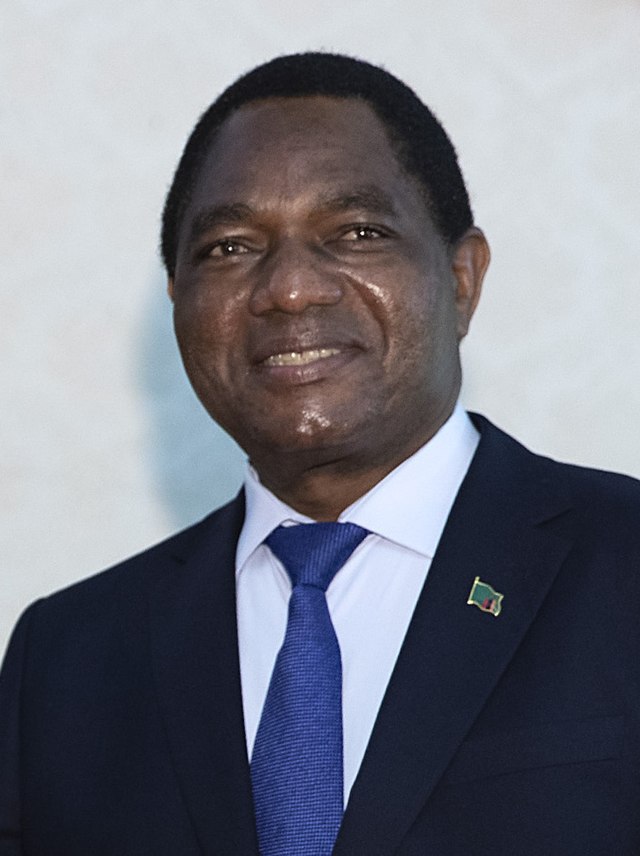By Wilbert Masuka
In recent events involving the Zambia President’s condemnation of the Zimbabwean elections and ZANU-PF’s labeling of him as a puppet of the West, it becomes imperative to explore the impact of name-calling in political discourse. Name-calling and the use of derogatory labels hinder productive political dialogue and strain international relations. This article aims to analyze the motives behind these tactics and evaluate their effectiveness in dismissing valid concerns. Additionally, we will consider the role of name-calling in maintaining oppressive regimes and silencing dissent. Finally, we will offer insights on how societies can move beyond personal attacks to foster meaningful discussions and work towards transformative change.
In the world of politics, name-calling has become an increasingly common tool used by leaders and politicians to discredit their opponents. The use of derogatory labels serves to dehumanize individuals and dismiss their valid concerns. Rather than engaging in respectful dialogue and addressing the real issues at hand, name-calling diverts attention and perpetuates a culture of negativity and hostility.
When examining the motives behind such tactics, it becomes clear that name-calling is often fueled by a desire to maintain power and control. By labeling someone as a puppet of the West or any other derogatory term, politicians aim to undermine their credibility and diminish their influence. This tactic not only serves as a distraction from the real issues but also undermines the principles of democracy and the importance of diverse perspectives in political discourse.
Furthermore, name-calling has profound implications for international relations. When leaders indulge in personal attacks and derogatory labels, it creates an atmosphere of hostility and distrust between nations. Diplomatic efforts and collaborations become increasingly strained, hindering progress on global issues. Instead of building bridges and fostering understanding, name-calling breeds animosity and dampens the potential for cooperative solutions.
Moreover, the role of name-calling in maintaining oppressive regimes and silencing dissent cannot be overlooked. In many authoritarian regimes, labeling individuals or groups as enemies or traitors has been a common tactic to suppress opposition and maintain control. By dehumanizing and stigmatizing dissenters, oppressive leaders aim to marginalize them and discourage others from challenging their authority. This perpetuates a culture of fear and silence, where meaningful discussions and transformative change become nearly impossible to achieve.
To move beyond personal attacks and foster meaningful discussions, societies must prioritize respectful dialogue and open-mindedness. It is essential to recognize the value of diverse perspectives and actively seek to understand different viewpoints. This requires leaders to engage in civil discourse, refraining from name-calling, and focusing on the real issues at hand. It also demands the cultivation of a culture that encourages critical thinking and demands evidence-based arguments.
Additionally, societies must promote the importance of empathy and compassion in political discourse. By creating spaces where individuals feel safe to express their opinions without fear of personal attacks, we foster an environment conducive to productive dialogue. Providing platforms for open conversations, facilitating peaceful disagreements, and promoting active listening are crucial steps towards transformative change.
The implications of name-calling in political discourse are far-reaching and hindering to productive dialogue and international relations. Its mechanisms to dismiss valid concerns, maintain oppressive regimes, and silence dissent must be critically analyzed. To move beyond personal attacks and foster meaningful discussions, societies must prioritize respectful dialogue, open-mindedness, empathy, and a commitment to addressing the real issues. Only through these efforts can we work towards transformative change and a more inclusive and democratic society.

Leave a comment